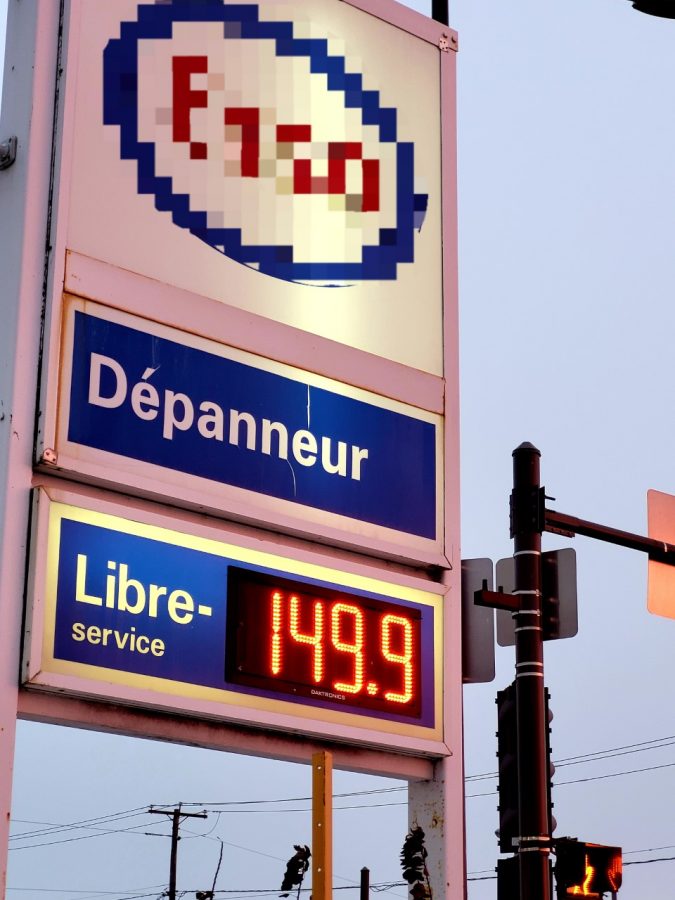Price Of Gasoline Becomes Real Problem For People
The prices of gasoline in the US are the highest they have ever been in the last seven years. Citizens are blaming Biden.
People are so focused on the rising prices of gasoline and trying to find someone to blame that they don’t even realize that oil is a commodity and that the entire world is still experiencing the after-effects of this event that reshaped the market.
Patrick De Haan, head of petroleum analysis at “GasBuddy”, which is a technology company that analyzes real-time fuel prices said, “The height of the pandemic really set us up for pain at the pump”.
He also said that because last year due to the pandemic and the fact that people were staying at home, there was a drop in the worldwide demand that caused US oil prices to plunge to historically low levels. Which forced the companies to produce less. As they produce less, they ask more and raise the prices.
After the tests of the vaccines for Covid-19 were successful, the government started to give less restriction. As people started to go back to working in the office instead of at home, the demand for gas came back in force.
Production didn’t catch up as fast as the demand. That’s why the Americans are paying approximately 3.42$ on average for gasoline today compared to 2.11$ last year.
Energy traders might also have a role in the rising prices of gasoline because they have an interest in keeping the prices high. In October, the options trading in the crude oil market surged. Investors bet on the US oil benchmark surpassing the 100$ a barrel.
The worst part is that in some ways it’s going to affect us too.
Patrick De Haan said, “The president doesn’t have a whole lot of control over global supply and global demands”. On November 10, Biden said during a statement that he had directed his National Economic Council to find ways to reduce energy costs.
Joe Biden also asked the Federal Trade Commission to address possible price gouging and market manipulation.
The US president also asked the Organization of the Petroleum Exporting Countries (OPEC) to increase the production of oil. The officials of the group and other oil-producing countries, like Russia, reported that they won’t speed up the production to help the US.
Patrick De Haan said that at the rate that OPEC is producing oil, we should expect to see a turning point around January or February of next year. At that moment the supply should have surpassed the demand.
We still have to remember that there are a lot of factors in play. Labor shortages par exemple. They have helped drive up the price of commodities across the board this year. “There’s a lot that could change in the next two months”, said De Haan.






